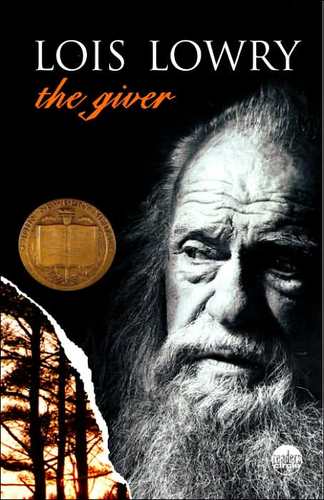
My name is like my own, individual brand of sticky glue. Initially, the brand name catches the attention of a passerby at a market or store. Only catching a glimpse of a few letters, they are intrigued. They must buy that glue. The customer realizes that it may come in handy someday. They purchase it. Not entirely satisfied by the glue, they chuck it into an old cupboard of pointless objects. The next day, they casually visit the market once again, and they catch a glance of this brand of glue that is perfect for their faltering chair. They try out the glue at home, and it is sturdy and tough. Eventually they run out of that glue, and now have to go and purchase something for the little chip on the coffee table. They remembered that old, forgotten glue, and pull it out of the reject cupboard. Instead of wasting time searching for more glue, they use the old one. Although it wasn’t great, it did hold things together.
If you still haven’t guessed, my name is that innocent, little, reject glue. My sister was the broken chair, who was secured by the best glue, and I was the coffee table, being held together by the discarded one. My parents were searching for a name for my older sister, and they came across mine, but they chucked it aside for the new one they had found for her. Once I was born, they settled for the name that was chucked aside.
I am not declaring that I hate my name, but sometimes it doesn’t quite express me. In Hebrew and Latin it means grace, in Japanese it signifies an apricot, and in Sanskrit it means grain. I am by no means graceful, I am not quite fond of apricots, and I am quite certain I am not a grain.
My name is like a perfectly fitted dress, but unlike anything else, this dress transforms as I do. As I am very leisurely and gradually growing up, this dress alters with me. It has become all the times my mother has shrieked my name for me to tidy my room, and my big sister squealing at me when I “accidently” wore her favourite shirt.
My sister’s name is simple, short, and like nothing you have ever heard. It flows nicely, and any nickname it has, is longer. It is only 3 words, and two of them are vowels. It can be nicknames for other names, but nothing can be a nickname for it. Her name is Lua.
My name may have seemed like the old, unwanted glue, but it is not my identity, I am its identity. It is my yellow Livestrong band that once on, never comes off. It is actually a common name, Anna, but with an interesting twist from the suffix. Many people tend to pronounce it improperly. My name has been like a veil, protecting me from feeling any frustration. I have gone through entire years allowing people to say it wrong, but as long as I know, deep down, my name, and my identity, nothing can thwart me. My name is me, but I am it. Every day, and every night I am Anissa. My name has stuck with me through thick and thin, and it will never abandon me, no matter what.
(http://static.howstuffworks.com/gif/multipurpose-glues-1.jpg)







